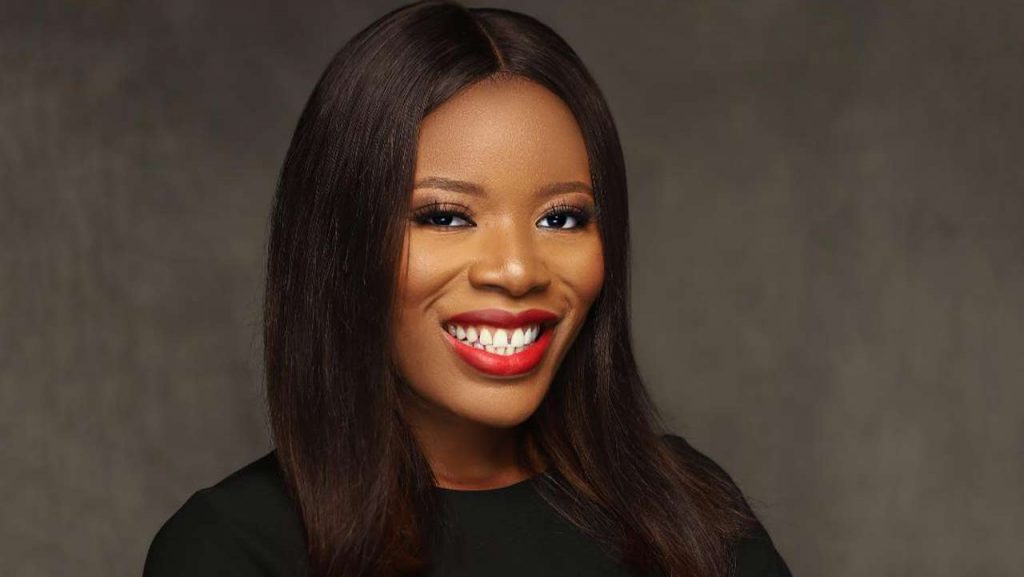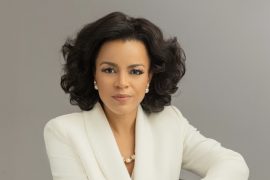By Adedoyin Jaiyesimi
Recently, something remarkable happened in my country. Nigerian track and field athlete Tobi Amusan set a world record at the World Athletics Championships in Oregon. Her win wasn’t just personal; it was a national victory. For a nation plunged into a bad news hurricane, Tobi’s win felt like a much-needed break from the cycle of negative news. The win shone like a ray of hope that resonated in the hearts of Nigerians, and the buzz was everywhere. Everyone rode on that wave of hope from social media posts to think pieces on the power of a vision. And for that day at least, a different narrative about the nation was circulated. This incident got me thinking. As a communicator, I think a lot about how my work contributes to shaping a narrative, not only in my country but in Africa. I thought about how one win brought to light a story of grit and overcoming the odds, showcasing the resilient Nigerian spirit. Several media platforms amplified this story and were also a source of inspiration for several corporate communications professionals. I should also add that Tobi’s win was part of several wins that had women at the forefront.
By now, you may be wondering why all of this is important. I’ll tell you. The Tobi Amusan story showed me the power of a narrative and how communicators are uniquely positioned to champion the voice and cause of the marginalised. A common thread ran through the opinion pieces I read – the emphasis on the true Nigerian spirit. At that moment, it felt great to be a Nigerian. Everyone wanted to be associated with Tobi Amusan, even if that day was the first time they had ever heard about her. Imagine what we can do with the positive stories that bring hope and a shift in perspective. There’s a lot of bad news in the world, and it is often said that bad news sells, but I believe it’s time for a change. Yes, there are issues in Africa, but stories of innovation, ingenuity, community, generosity, and love are yet to be fully explored. Who will tell these stories?
What about our women – breaking the mould and shattering ceilings not just across the continent but even globally? Even though we see the shift, we need to tell and amplify these stories. We need to be in control of our narrative, and the communicators in the continent need to be at the forefront of this. The gift of words is such a powerful yet underrated gift. Through the power of our words and storytelling, we can bring to light causes and people that society has ignored. We can use our words to influence behaviour and stir people toward a course of action that is for the good of the nation and continent. Our words can bring hope and stir beliefs as people see themselves in the represented stories.
I’m tired of the narrative that portrays Africa as being a backward continent – a victim waiting to be saved. I’m tired of seeing the efforts of young people and women downplayed in an environment that restricts their development. While the need for visionary leadership in Africa is non-negotiable, communicators across the continent need to arise to be a voice for what truly matters. We need to be there to advise the government and public sector leaders on what’s really important. We need to remind our corporate executives that impact goes beyond handouts – it should be merged into the DNA of corporate organizations.
I am confident in the power of communication, and professionals across Africa can contribute to shaping the narratives that can take us from where we are to where we want to be. Just as Tobi Amusan was a source of inspiration for this article, I hope this article inspires its readers to think about the role they can play in bringing a shift and making positive contributions to their immediate community – especially communicators.





Comments are closed.